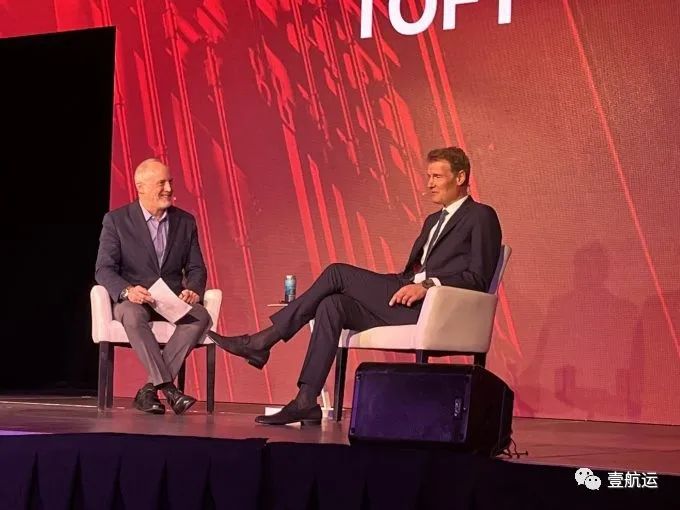近日,MSC首席执行官Soren Toft表示导致运力紧张和全球航运价格飙升的根本原因并没有改变,这使得物流业和全球供应链容易受到另一次经济冲击的影响。
在加州长滩举行的TPM会议上,他在座无座席的礼堂里表示,全球港**通拥堵的主要原因是主要进口地区的基础设施未能满足激增的需求。
Toft解释说:“如果说港口没有从这次经验中吸取教训,那就真的是太天真了。”“但根本原因没有改变,即美国和欧洲没有足够的基础设施。”
他表示,世界已经看到了海运业和供应链在保持贸易畅通方面的重要性,但现在托运人认为,他们需要改变观点,转向分销供应链模式。
例如,美国已经减少了对中国的依赖,并与印度和东南亚等其他亚洲国家达成了双边协议。

Toft表示:“托运人将把货源分散到5个、8个或10个地点。”他还认为,将生产搬回已经发展成熟的经济体是不经济的。
然而,全球经济增长将在四年内达到2021-22年的水平,但港口的增长往往受到地理位置的限制。例如,洛杉矶和长滩的港口被城市发展所包围,没有扩张的空间,但它们将需要提高吞吐量,以满足未来的需求,Toft说。
随着货主们将货物从西海岸港口转移(现在主要是出于对劳动力中断的担忧),人们担心这些货物中至少有一部分将永远消失。
Toft表示:“MSC将在托运人要求它挂靠的地方挂靠,如果货主在东海岸建立配送中心,我们就会去那里。”

在谈到MSC在二手和新建吨位上的巨额支出时,Toft表示,这表明该公司致力于“现在和未来”的航运。
然而,他指出,该公司和竞争对手一样,已经享受了“几年的好时光”,并借此机会投资其船队,使其更加“绿色”——CII法规将意味着MSC在未来几年将需要废弃旧船只。
另外,Toft解释说,之所以决定在2025年结束2M联盟,是因为过去10年的市场环境已经发生了变化,马士基和MSC走在“不同的轨道上”。
他补充说:“我们将靠自己的双脚舒适地着陆,并独立运营,但我们可能会与马士基和其他公司合作,签署船只共享协议(VSA)。”
然而,Toft也警告称,由于从化石燃料向低碳或零碳燃料的过渡,运输成本将会增加。他补充说:“绿色未来是一个更昂贵的未来,这些成本最终将转嫁到消费者身上。”
Toft表示,脱碳可能会归结为三种燃料——甲醇、氨和合成液化天然气。他表示,为了加快转型,全球碳价格是必要的,而不是像欧洲排放交易体系(Emissions Trading System)这样的区域性监管。
来源:壹航运